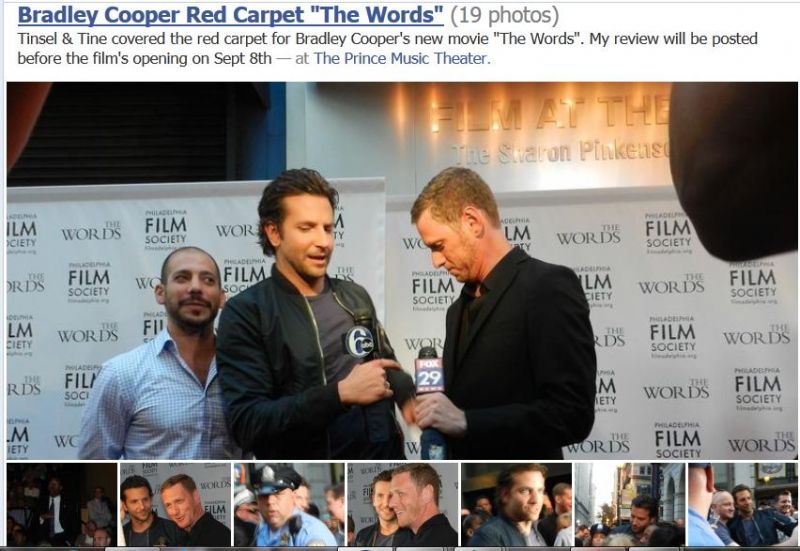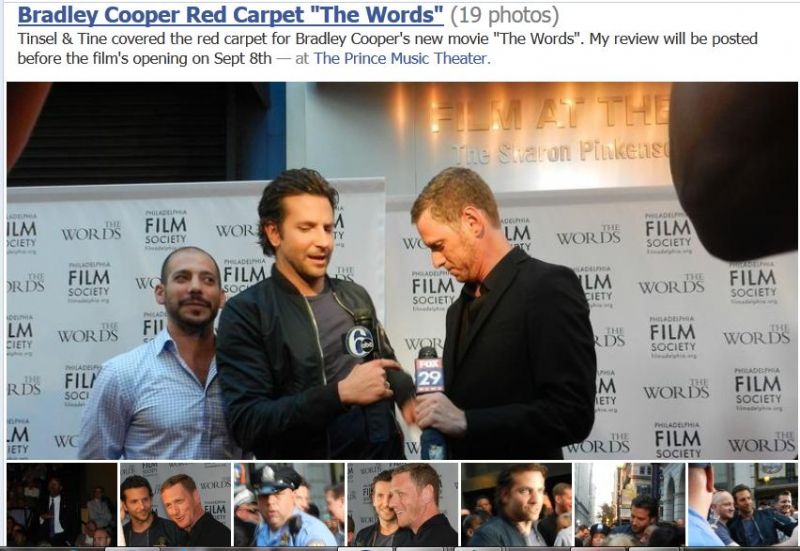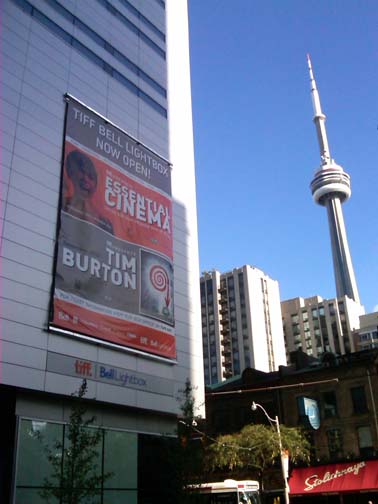Have you heard about Martha Marcy May Marlene?
It's been a darling of this year's festival circuit - The title gives
the impression four women share top billing, but in actuality newcomer Elizabeth Olsen (cast only two weeks before shooting), is not only the subject of the multiple monikers, she hauntingly carries the full weight of this dark drama; along with some good, creepy assistance by John Hawkes (Winter's Bone).
The film explores the mind altering experience of cult life. A group of
mostly 20-something men and women share an old farm house in upper state
New York. The initial impression is one of communal, live off the land,
find your role, Utopian society. This impression is short-lived and in
its place we come to see a Charles Manson-like, bull-shit philosophy, no
escape,dangerous type cult.
In fact, we get such a strong sense of the presence of the cult, it's
hard to believe the bulk of the film takes place after Martha (Olsen)
has escaped and is taken in by her sister (Sarah Paulson) and new brother-in-law (Hugh Dancy). The cult scenes are technically shown in flashback, but I hate to
describe it as such, because that cheapens it. Rather, the director
creates and uncanny rhythm of past and present that keeps the viewer as
off-kilter as Martha herself.
Director Sean Durkin, Actress, Elizabeth Olsen 8/22/2011
This film was shown as part of Philadelphia Film Society's weekly sneak peeks, with the additional bonus of a Q & A with the director, Sean Durkin and lead Elizabeth Olsen.
I think the tone of the film had the audience a bit unnerved, as the Q
& A had a prickly vibe going on between the audience and Durkin and
audience on audience. It seemed most people appreciated the brilliance
of the film, but there were a number of I-don't-want-to-think-that-hard
movie-goers that wanted Durkin to fill in the blanks and clarify some
points of the film. Durkin (who could have been a bit more patient)
tried to get across the fact that the film stands on it's own and you
bring to it your own interpretation of any parts that seem unclear.
I love the camcorder that comes with my new smart phone, but it simply
doesn't capture a subject in a dark room without some additional
lighting. So, sorry no video of the Q & A, but here's a little
excerpt :
Q: Why was it so dark?
Durkin: That's how we shot it. The scenes are intentionally dark,
we wanted a very specific look achieved by underexposing the film and
certain treatments. We wanted it to be sort of worn, the way the farm
feels, and tried to make it replicate life without movie lights.
Q (to Elizabeth): What did you draw on to get all the complexities of the role?
Olsen: I guess what I focused on was her humiliation or
embarrassment; not understanding really where she was, or what happened.
That type of embarrassment when you don't really know how to speak
about it or want to speak about it. We basically did scene by scene
focused on the present and tried not to focus on the larger picture of
losing identity, but rather what was tangible scene for scene, which was
helpful.
Q (to Elizabeth): How much research did you do?
Olsen: That's really a question for Sean, he did so much research, that he was my research.
Durkin: I read about all the different groups that I could.
Starting with some bigger more famous ones of the 60's and 70's and then
came more focused on the present local groups across the country. After
that I started to speak to people who had visited those groups as
outsiders and those that had been a part of a group. I knew I had a
general interest in this subject and wanted to make a film about it...
and eventually decided to focus on what happens when she leaves and how
she adjusts to going back into her old life.
Q: Series of 3 questions regarding plot points.
Durkin: No Comment. I'm sorry, again, I just can't answer, I
really don't like to talk about things like that. I mean, I put
everything in the movie very precisely, like the amount of information,
and I just can't expand on it, cause there's a reason that there's only
that much information.





























